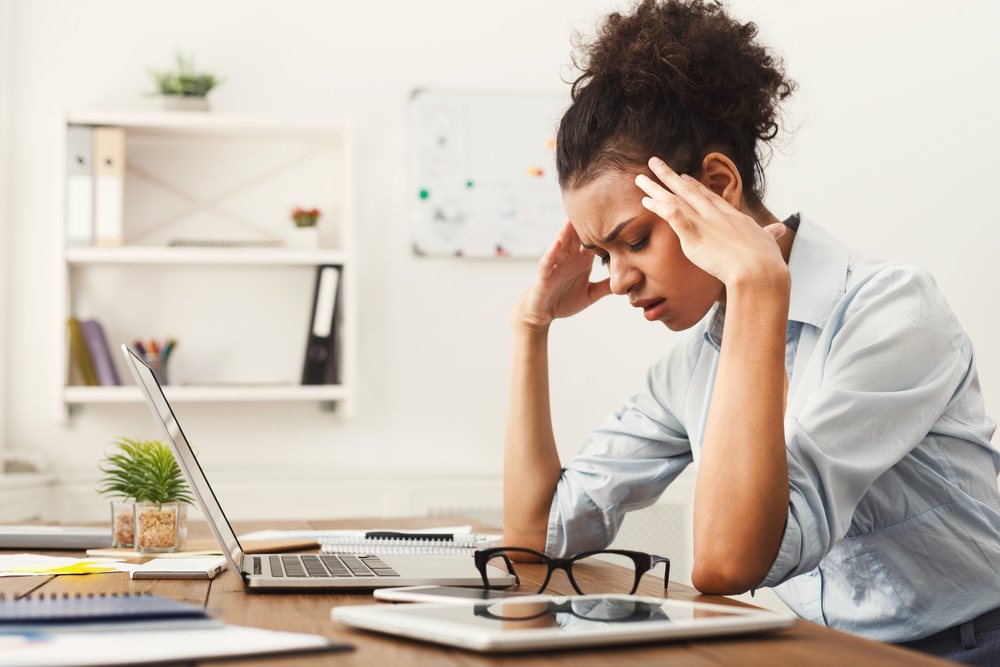
Signs of Depression in Women
Mental health is vital for both men and women, but it’s important to note that women are more likely to feel depression than men. In Australia, over 1 in 6 women are likely to feel depressed in their lifetime compared to 1 in 8 men. Hence, it’s important for women to get the treatment and support they need. However, to get treatment, you need to recognise the signs of depression in women. Perhaps, you feel you might be dealing with depression and need to be sure or you know someone who might be feeling depressed. Regardless, if you recognise these symptoms in yourself or someone else, you must seek out treatment at once.
Causes of depression in women
Before diving into the symptoms of depression, we need to understand the causes specific to women. Women must deal with a combination of biological and social factors that cause depression.
Social
Today, women can be working professionals, spouses, mothers, healers and caregivers. These are complex roles, and their collective demands can cause depression in some women. Juggling social roles can be stressful. However, specific situations that cause a great deal of stress and anxiety also lead to depression in women.
Relationship breakdowns – Women going through a divorce or losing someone will go through bouts of depression because so many aspects of their lives, like finance and social connections, are affected.
Abuse: Women need to feel safe and secure to enjoy good mental health. Sadly, this is not always the case – 1 in 4 women have experienced physical abuse by their intimate partner and 1 in 4 endure emotional abuse.
Discrimination: Lesbian and transgender women are more likely to experience discrimination than heterosexual women. When women suffer acts of discrimination because of their sexuality, it increases the chances of depression.
Biological
Women are more likely to feel depressed when their body is going through changes. These changes occur during pregnancy and menopause. 1 in 10 women feels depressed during pregnancy, while 1 in 6 feel it one year after the baby is born.
Symptoms of depression in women
It’s normal to feel sad after a stressful event, for example, an argument with a friend can leave you feeling sad for a few days. This is normal, however, what is not normal is if you feel miserable for days, weeks and even months on end. If you are feeling some of the symptoms, then you are dealing with depression, and you must seek help.
Are you feeling aches, pains, cramps, breast tenderness, headaches and digestive issues?
Are you feeling tired?
Do you have negative thoughts?
Have you lost interest in activities you used to enjoy?
Do you have panic attacks?
Do you feel tense?
Is there a change in your appetite? Do you find yourself eating too much or too little?
Do you have mood swings or have feelings of tenderness?
Have you had thoughts about committing suicide? Have you acted on those thoughts?
Do you feel despair all the time? Like there is no hope?
Are you feeling guilty?
Do you feel anxious or irritable?
Have your sleep patterns changed? Are you getting too little sleep?
It’s important to note that women handle depression differently compared to men. Depression in women causes guilt, sadness, anxiety and fear. By contrast, when men feel depression, they are more likely to blame their surroundings, prompting them to feel guarded, angry and irritable.
Women and men will also behave differently compared to men. Women are likely to avoid confrontations but are more expressive about their feelings of doubt and despair. Meanwhile, men will get into fights to act out their anger but hide their sadness because it is considered a weakness.
What to do with depression?
If you are feeling any of the symptoms of depression, then you need to get help. Start by visiting a GP who is experienced in mental health. When talking to your GP, you need to be transparent and discuss both the physical and emotional pain you feel. You can even complete an anxiety and depression K10 checklist to give your doctor.
You also need to tell them if you are pregnant because your GP will recommend a different medication. Talking to a GP about your feelings of depression might seem like a daunting prospect, but they are professionals and will be sensitive to your thoughts and needs.
Key takeaways
Women are more likely to feel depression than men due to a combination of social pressure, biological factors like pregnancy and stressful life events. To get treatment immediately, you need to recognise the symptoms of depression. Some symptoms are common to both men and women, like a loss of energy. However, there are also symptoms unique to women like breast tenderness. It’s important to recognise these signs to get the treatment you need.
Need an appointment with a psychologist? You can talk to a professional mental healthcare worker online from the comfort of your home. Visit onPsych Telehealth for more details.
